Best Pokémon games: every generation ranked
The best Pokémon games allow you to become the very best
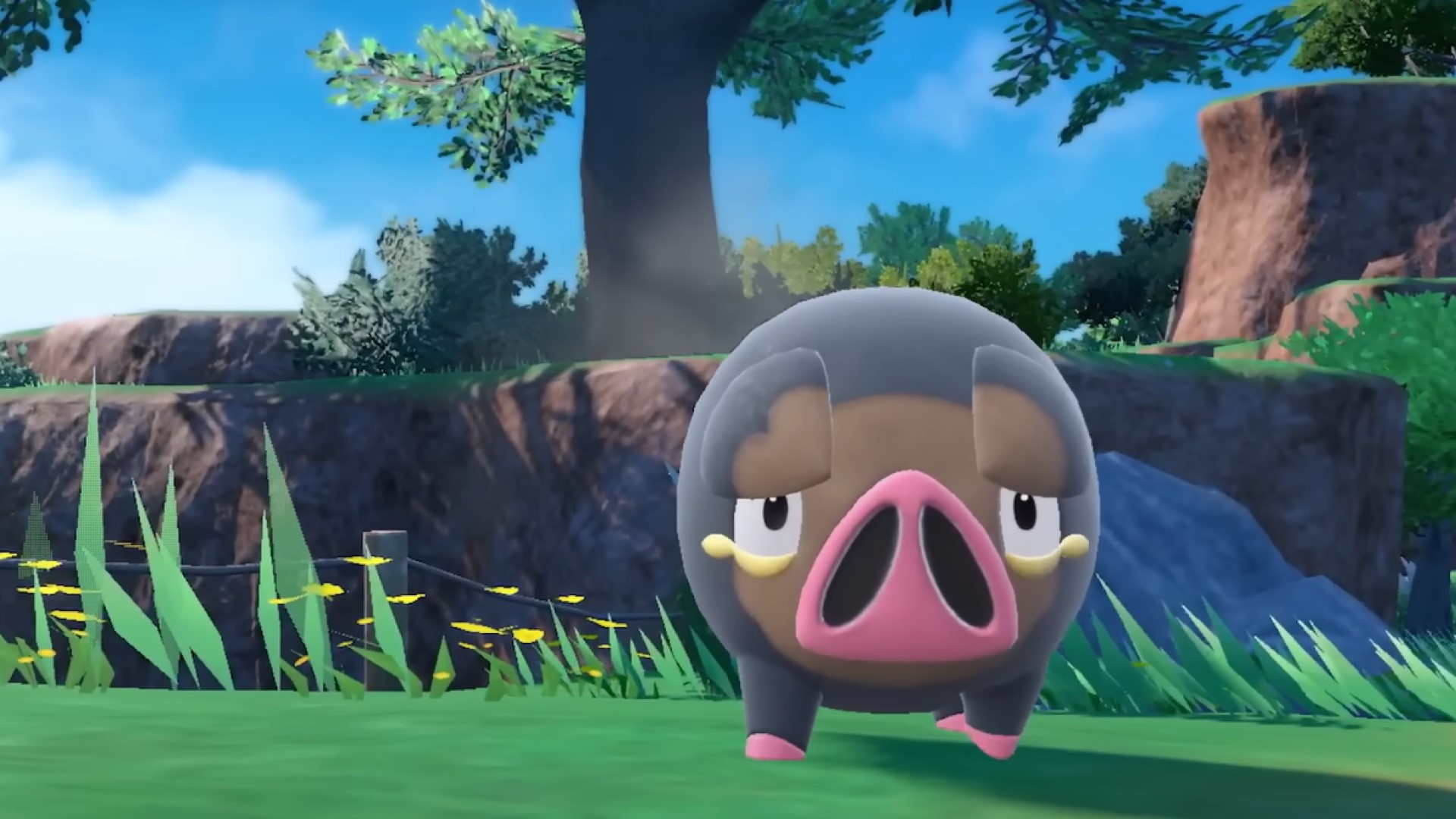
Sign up for breaking news, reviews, opinion, top tech deals, and more.
You are now subscribed
Your newsletter sign-up was successful
What's the best Pokémon game? The beloved monster-catching role-playing game franchise spans over nine generations of games and is still growing, meaning that deciding which one is the very best constantly becomes a harder and harder task.
While each of the main games has the recurring concept of catching and raising Pokémon to fight in battles, every generation has introduced plenty of features to spice up the experience, along with even more creatures to collect and areas to wander. Over the years, the series has experimented with new mechanics such as Mega Evolutions, Z-Moves, and Dynamaxing - all of which brought fresh tactics to introduce to battles.
However, since every new Pokémon generation is so different, the newer ones aren't necessarily better. The latest main entries, Scarlet and Violet, are packed with excellent quality-of-life improvements, but continue to face criticism for their performance, with issues such as lag and graphical glitches still present over a year on from their launch.
With that in mind, it's important to consider the pros and cons of every entry in the series. For example, the sixth generation games X and Y were the first 3D titles in the series which was a monumental shift, and the fifth generation games Black, White and their sequels tell main series' best narrative to date. On the other hand though, some players were critical of X and Y since they're generally considered to be easier games than some of the series' earlier entries, while many of Black and White's Unova region Pokémon designs aren't exactly universally adored.
Here at TechRadar Gaming, we've weighed up all of these factors for you, making selecting your next Pokémon adventure easier than ever. This is our guide to the best Pokémon generations, complete with everything you need to know before choosing to play them.
Best Pokémon games
Why you can trust TechRadar
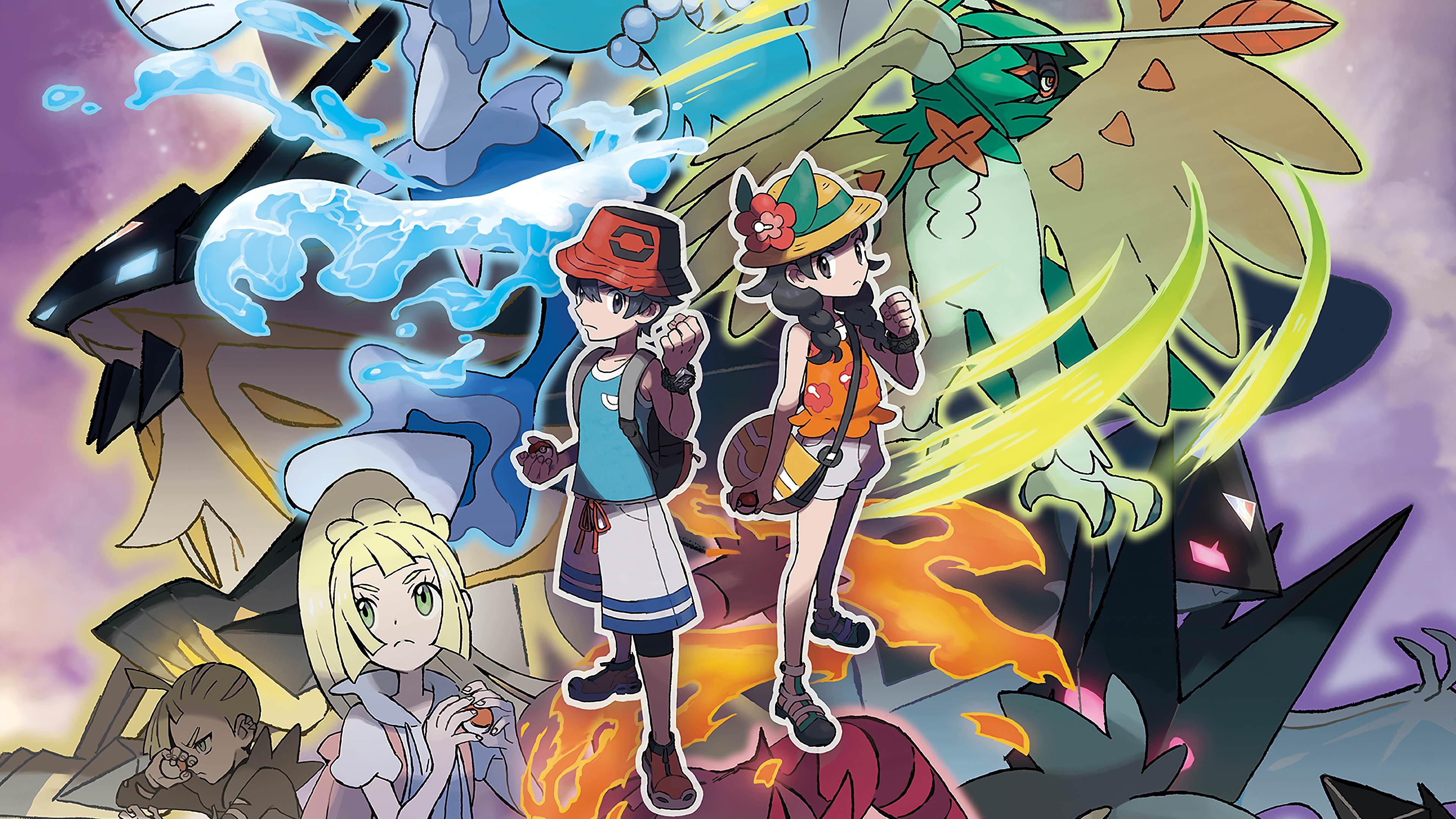
9. Generation 7 – Sun and Moon / Ultra Sun and Ultra Moon / Let's Go Pikachu and Eevee
This was our first introduction into the beloved Alola region. Ultra Sun and Moon is very streamlined and managed to fix multiple issues that players previously had about the series.
No list of the best Pokémon games is complete without Sun and Moon, which introduced the Alola region. Alola offered a definite departure from the series' earlier environments, complete with region-specific Pokémon forms and challenges. Gone were gyms – replaced instead by island trials, and Totem Pokémon and themed challenges surrounding them. Even HMs disappeared. The novelty was certainly refreshing.
However, Sun and Moon's innovations were somewhat limited in many respects. This generation took Generation 5’s attempt to craft a more involving story and Generation 6’s attempt to be more of a traditional RPG, and brought them together in a way that brought the series forward, but not quite enough to give Pokémon the rejuvenation it sorely needed at the time.
Ultra Sun and Ultra Moon continued what Sun and Moon started, but rather than simply rehashing the same story in the kind of director's cut, they were more of an attempt to recreate the sequel structure we first saw with Generation 5's Black and White 2. There was a brand new story involving dimensional wormholes, brand new legendary Pokemon, and an attempt to continue the tale of Sun and Moon's rather than re-tell it.
But Sun and Moon weren't the only Pokémon games in Generation 7, Pokémon Let's Go Pikachu and Eevee fall under the same generation. Pokémon Let's Go is a hybrid that blends the best of the franchise's hit mobile game, Pokémon Go, with game mechanics from Sun and Moon. The resulting mix elicited different responses from different gamers. Some were put off by the lack of competitiveness of the entry, while others enjoyed the simplicity of the new direction.
The idea behind the games was to streamline everything and reduce the parts of the game that frustrated audiences. Personally, we hated using a valuable move slot for a worthless HM like Cut or Flash. In Pokémon Let's Go, HMs no longer existed. We hated walking through caves just to be bombarded by Zubats. Again, that just wasn't a problem in Pokémon Let's Go, as random encounters were gone, and you could see where the Pokémon were on the map. Sure, that took away some of the joy of running into a rare Pokémon like Pinsir out in the Safari Zone, but it also means less of the tedious grinding that wasted precious hours of our lives in the '90s.
Generation 7 certainly tried something new. Sun and Moon were the biggest departure for Pokémon games in years, but didn't stick the landing in quite the same way as Pokémon Sword and Shield, nor did they match the lofty ambitions of Pokémon Scarlet and Violet.
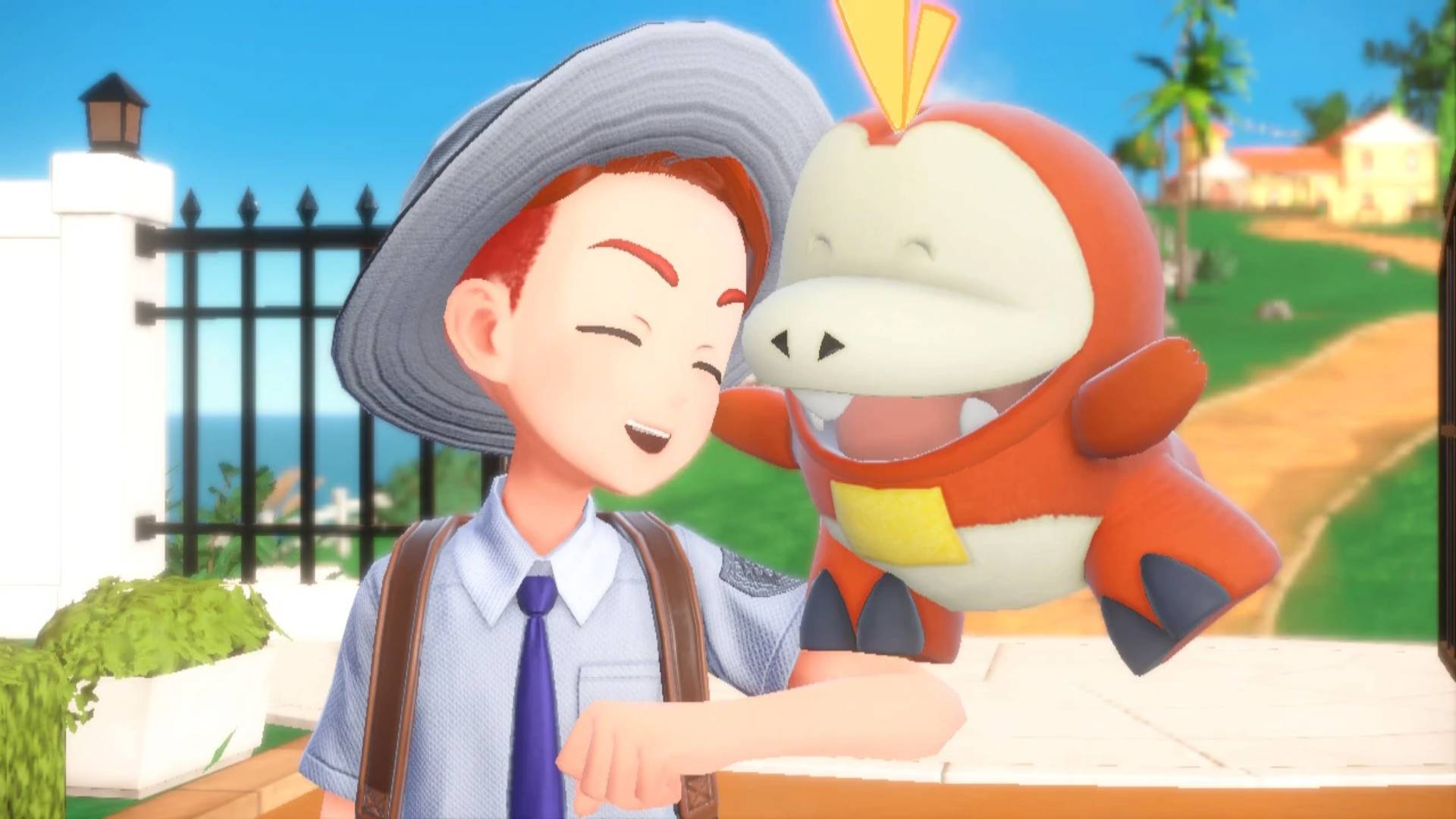
8. Generation 9 - Pokémon Scarlet and Violet
Our expert review:
Despite a shaky launch a lot of time and effort has gone into improving Scarlet and Violet, and it definitely shows. It has a rich open world to explore while staying true to the pocket monster fantasy.
Pokémon Scarlet and Violet's release was a double-edged sword, brimming with ambition in its attempt to rehabilitate Pokémon as an open-world game. The title enjoys three main storylines which players can complete at their own pace while exploring the expansive world of Paldea.
Battles occur in the open world, and Pokémon exhibit animalistic behaviors in the wild. On paper, it's a Pokémon fan's dream. However, the game was held back by shoddy execution. A wide range of bugs keeps the game from realizing its lofty goals, constantly reminding you of the foibles and limitations of the Nintendo Switch.
That said, the games aren't without their charms. The cast of characters is memorable and endearing, offering stories sufficiently stirring that they brought a tear to my eye on more than one occasion.
However, the games feel half-finished, indicative, perhaps, of what Pokémon could be if it were given enough room to grow.
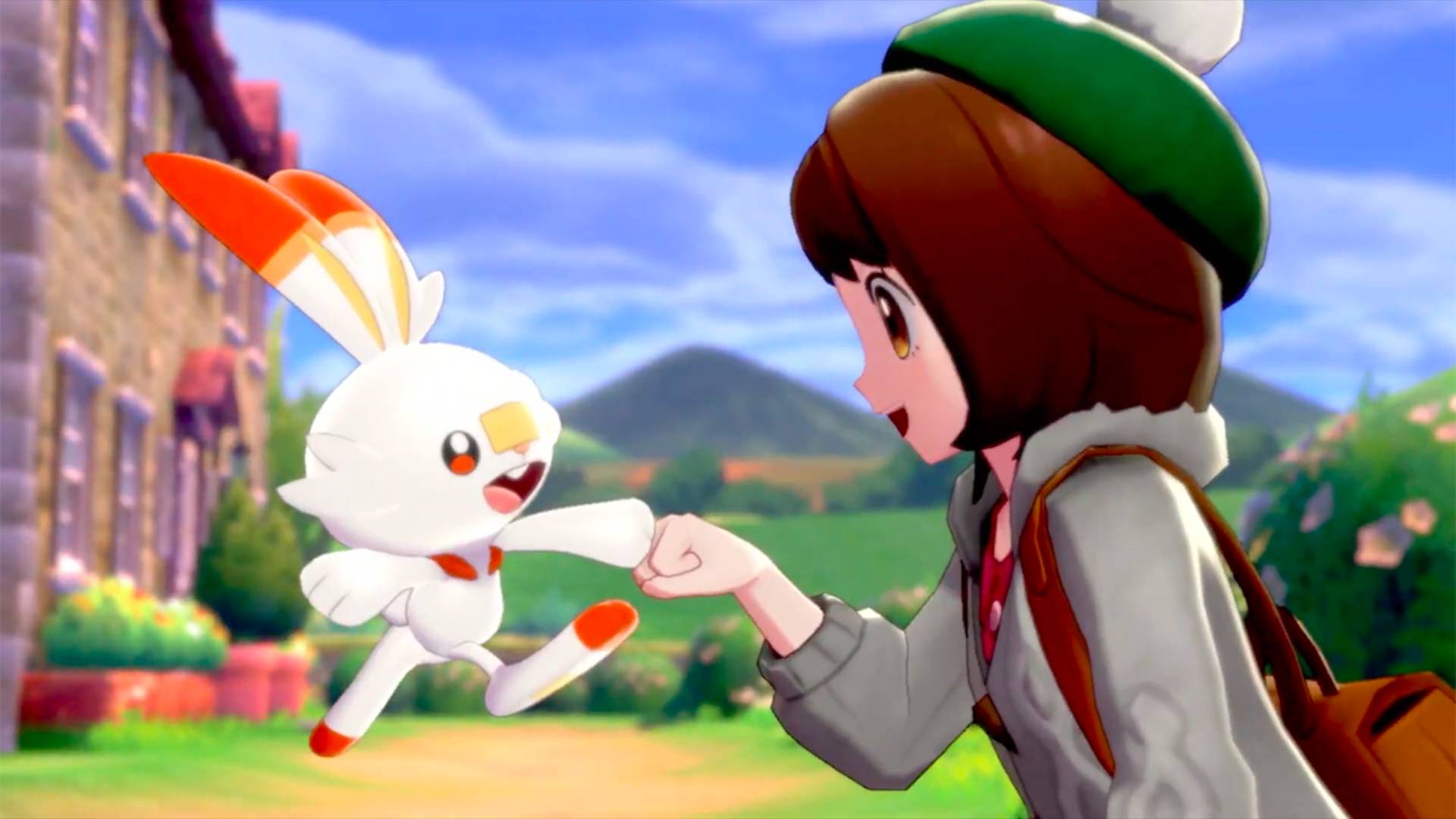
7. Generation 8 - Pokémon Sword and Shield / Legends Arceus / Brilliant Diamond and Shining Pearl
There was a lot of experimentation in this title, but that wasn't a bad thing. Sword and Shield added loads of immersive new features and topped it all off with a great region that was full of surprises.
Pokémon Sword and Shield were the first mainline Pokémon games to be released on the Nintendo Switch. Expectations were high from the initial announcement. But, despite the furor, the eighth generation seemed to weather the storm and both titles have gone on to have great critical and commercial success. Pokémon Sword and Shield’s Galar region, inspired by the United Kingdom, is charming and generally well-liked, and its wild areas added a much-requested open-world feature to the series.
There are a few issues that keep Sword and Shield from being the very best, however. As with Scarlet and Violet the lack of voice acting is especially conspicuous in the current generation. The plot does little to excite, remaining in traditional Pokémon territory. That said, the graphics and quality-of-life changes introduced in Generation 8 were a welcome addition, making the game an enjoyable ride overall.
Pokémon Legends Arceus later expanded upon Sword and Shield, freeing players in search of a simpler experience and offering arguably the best storytelling of the series to date. It was a breath of fresh air and we were glad to see Game Freak experimenting with its long-running series, particularly in how it reimagined how we battle and capture Pokémon – it was this experimentation that earned it its place on our best Nintendo Switch games list. But, for some, Arceus was held back by the Nintendo Switch's aging hardware.
Generation 8 also included Pokémon Brilliant Diamond and Shining Pearl, remakes of Generation 4's Diamond and Pearl for Nintendo Switch. Now, these remakes aren’t the work of Game Freak (they’re by the studio ILCA) but they’re pretty damn faithful. They’re not the most ambitious remakes in the Pokémon series but a lot of affection for the originals clearly went into them and that does wonders for the nostalgia factor.
Generation 8 certainly brought Pokémon into the modern era with experimental features and gameplay but not all of them were executed as effectively as would have been ideal.
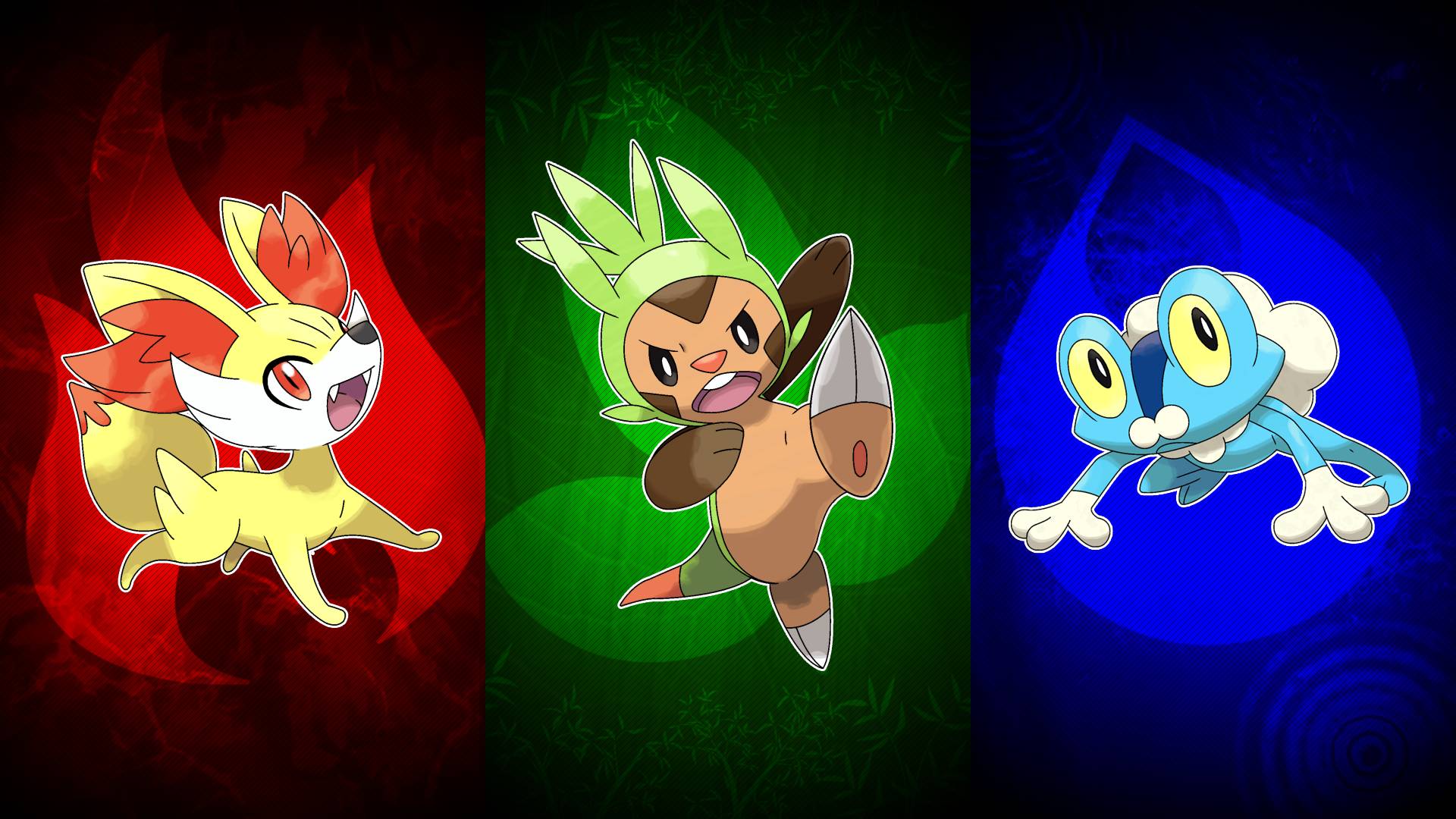
6. Generation 6 - Pokémon X and Y / Omega Ruby and Alpha Sapphire
X and Y provided players with a visual revolution for Pokémon games. It doesn't only look fantastic but it played really well. It's also a great gateway into the series.
Pokémon X and Y were a visual revolution for the Pokémon franchise, being the first games to be released on the 3DS console with truly 3D graphics.
Graphics in X and Y were absolutely gorgeous, and we think we’ll always remember our first-ever time in Lumiose City. Additionally, we got a new type (Fairy), Mega Evolution, Pokémon-Amie, and new character customization settings to go along with them.
However, it's the release of Omega Ruby and Alpha Sapphire, remakes of Generation 3's Ruby and Sapphire that were the real standout entries of this generation. These remakes were great, not because they drastically changed the story, but because they graciously added new features and quality of life improvements to the mix, introduced as they were in X and Y. Plus, seeing the Hoenn region in 3D was inspiring. When you play these remakes, you get a better sense of why Ruby, Sapphire, and Emerald were such indispensable additions to the series back in the day.
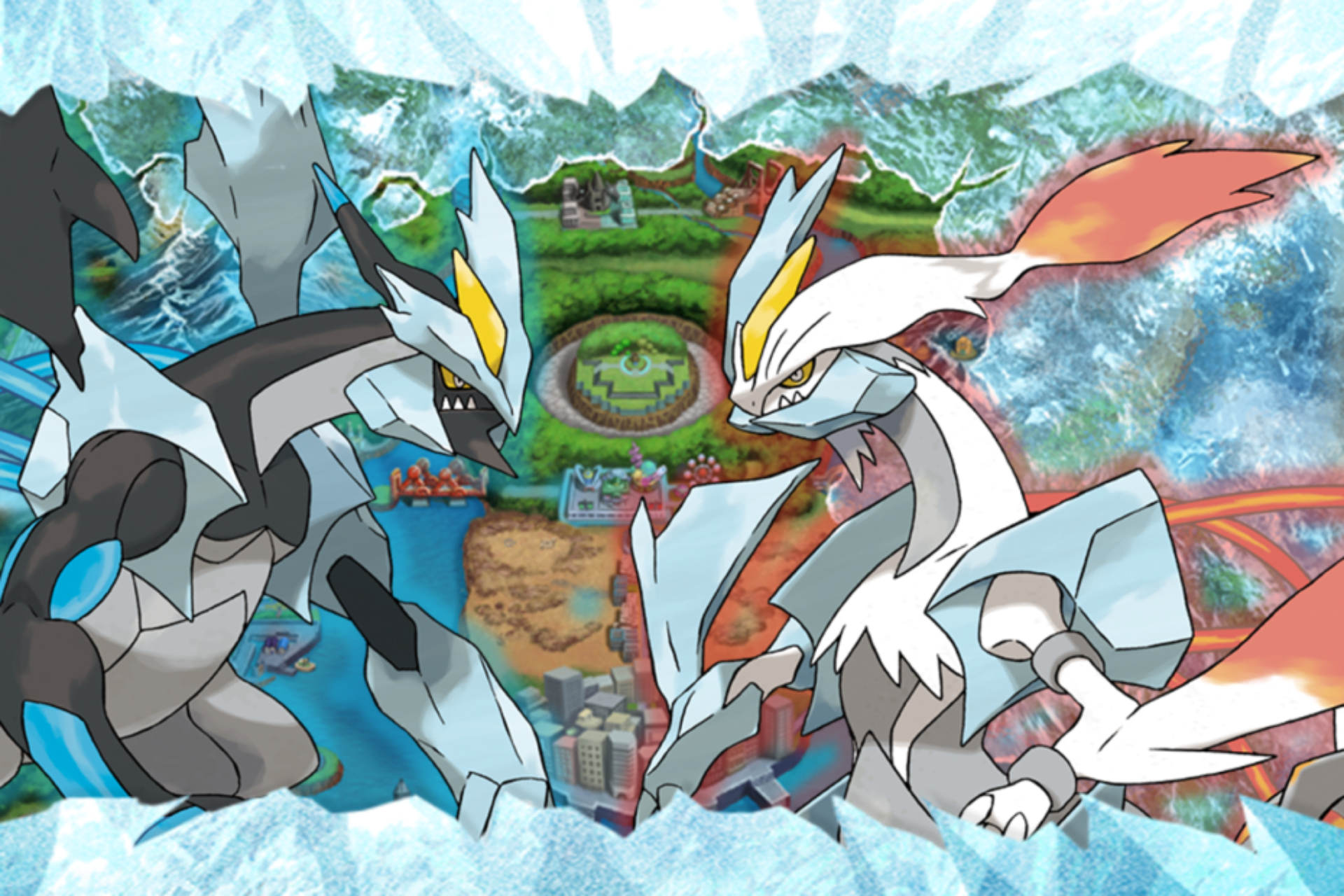
5. Generation 5 - Pokémon Black and White / Black 2 and White 2
Reasons to buy
Reasons to avoid
Pokémon Black and White are far more accessible than previous-generation games. Their simplified and intuitive in-game fights, abilities, and features make them easy and fun to pick up.
Generation 5 brought a bolder sort of storytelling to Pokémon, having the characters in Black and White question the very premise of the game.
The Pokémon games aren’t exactly known for their storytelling, but Black and White and their sequels did a laudable job of offering something novel and exciting.
In this generation, we surpassed 600 total Pokémon, and as a result, some of the new additions here were pretty perplexing in terms of design. These games also made the controversial change of making it possible to use TMs more than once. This was a change that, while not universally unwelcome, did cause some consternation amongst more hardcore fans.
Black and White 2 took the time to follow on from its predecessors, offering a kind of sequential worldbuilding that we hadn't seen since Pokémon Gold and Silver.
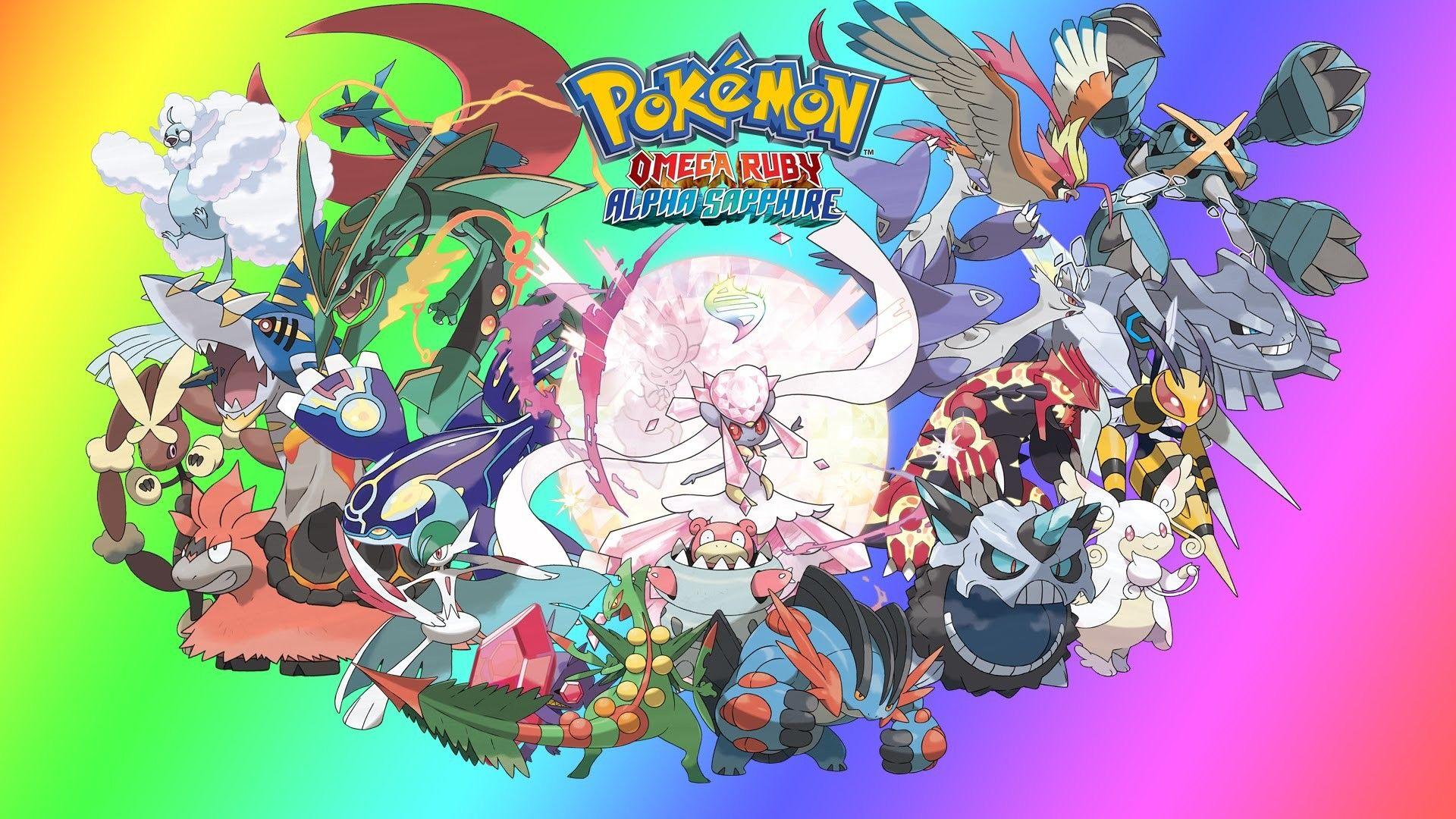
4. Generation 3 – Ruby and Sapphire / Emerald / FireRed and LeafGreen
The double battles, contests, and secret bases found in Ruby and Sapphire are fantastic. It was also the first gen that introduced sprinting, so that's an automatic win.
Continuing from Gold, Silver, and Crystal, Ruby and Sapphire gave us better animations, double battles, contests, secret bases, and (to the relief of everyone) the ability to run.
Generation 3 marked the first time that Pokémon released for the Game Boy Advance, which was a far more impressive machine than its predecessor, allowing for meaningful graphical improvements. Ruby and Sapphire were full of vibrant colors which gave the game a vivacity of which its predecessors could only dream.
While Generation 3 did have its issues, it brought us Pokémon FireRed and LeafGreen, remakes of Pokémon Red and Blue that added new features and improved visuals – though they’re not the easiest games to get your hands on for a decent price in 2023. Pokémon FireRed and LeafGreen are the definitive versions of the original Pokémon experience and would likely rank higher on our list if they were more accessible.
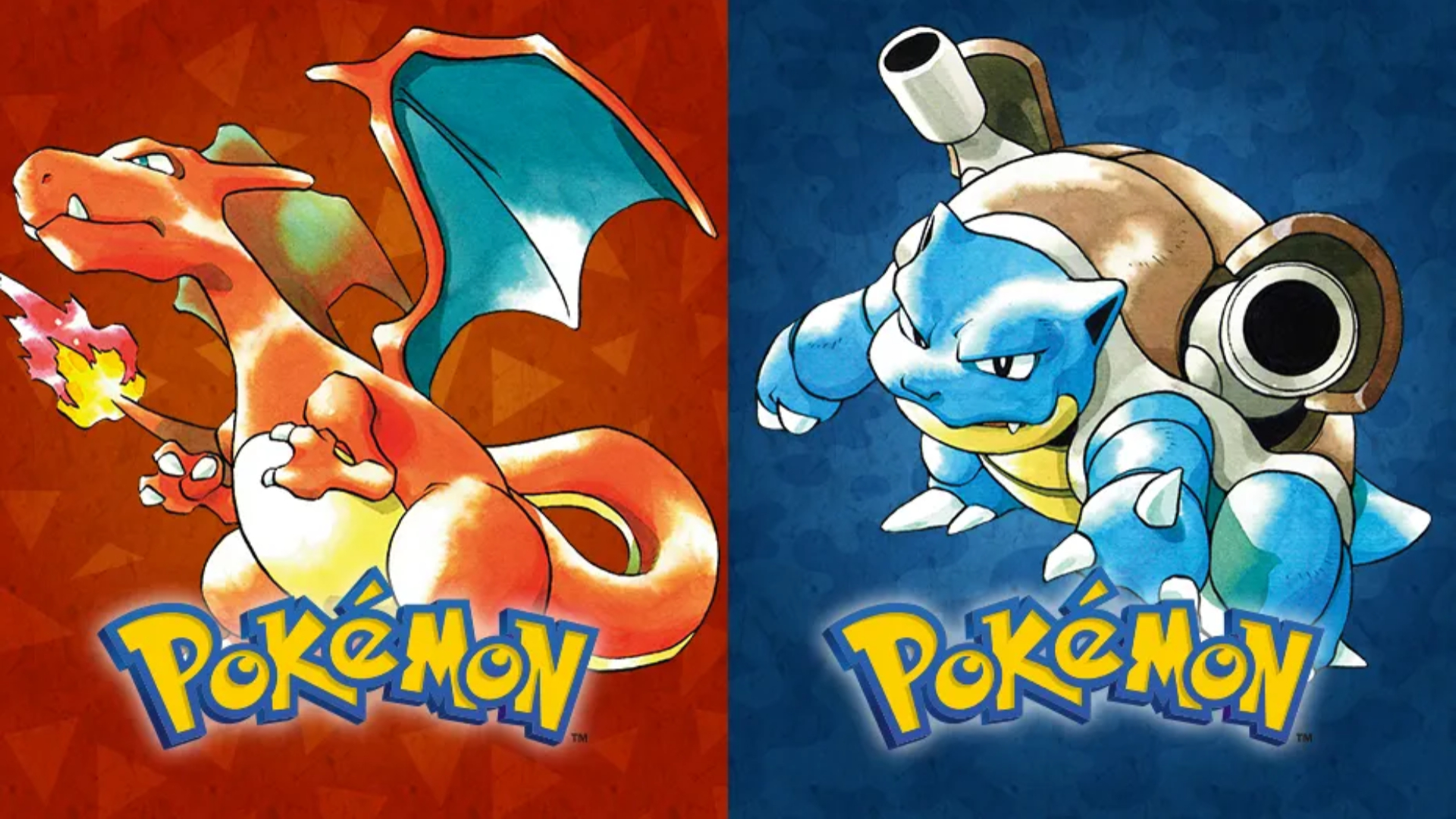
3. Generation 1 - Pokémon Red / Blue / Yellow / Green
Possibly the most memorable gen, with some brilliant Pokémon, characters, and settings. It also holds a special place in fans hearts thanks to the great anime and merchandise.
Generation 1 invented the Pokémon formula, providing a generation of childhoods with hours of fond memories of adventure, mystery and friendship. While there will always be an element of nostalgia involved when it comes to the first Pokémon generation, there's a lot to be said for Red and Blue's simple and intuitive systems, not to mention the iconic design of the original 151 Pokémon.
Pokémon Red and Blue arrived in the US and Australia in 1998 before making its way to Europe in 1999. In an era before online games, the Game Boy's Link Cable allowed for the next best thing. Pokémon Red and Blue were as cemented in trading and community as they were in single-player fun. The intersection of different people's Pokémon experiences allowed for the games to take on a life of their own, feeling bigger than any one player.
In essence, this is the magic of Pokémon. It's why Pokémon Go enjoyed its own surge of popularity in 2016 and why the franchise remains so popular to this day.
Though Pokémon Red and Blue are sparse, bare-bones affairs by modern standards, they established Pokémon's identity, both in terms of their narrative and mechanical elements, but also when it came to their emphasis on community building. In many respects, Pokémon is a multiplayer game, and it was Red and Blue that first allowed Pokémon to transcend the limits of RPGs, laying the foundations for what would one day be a global community.
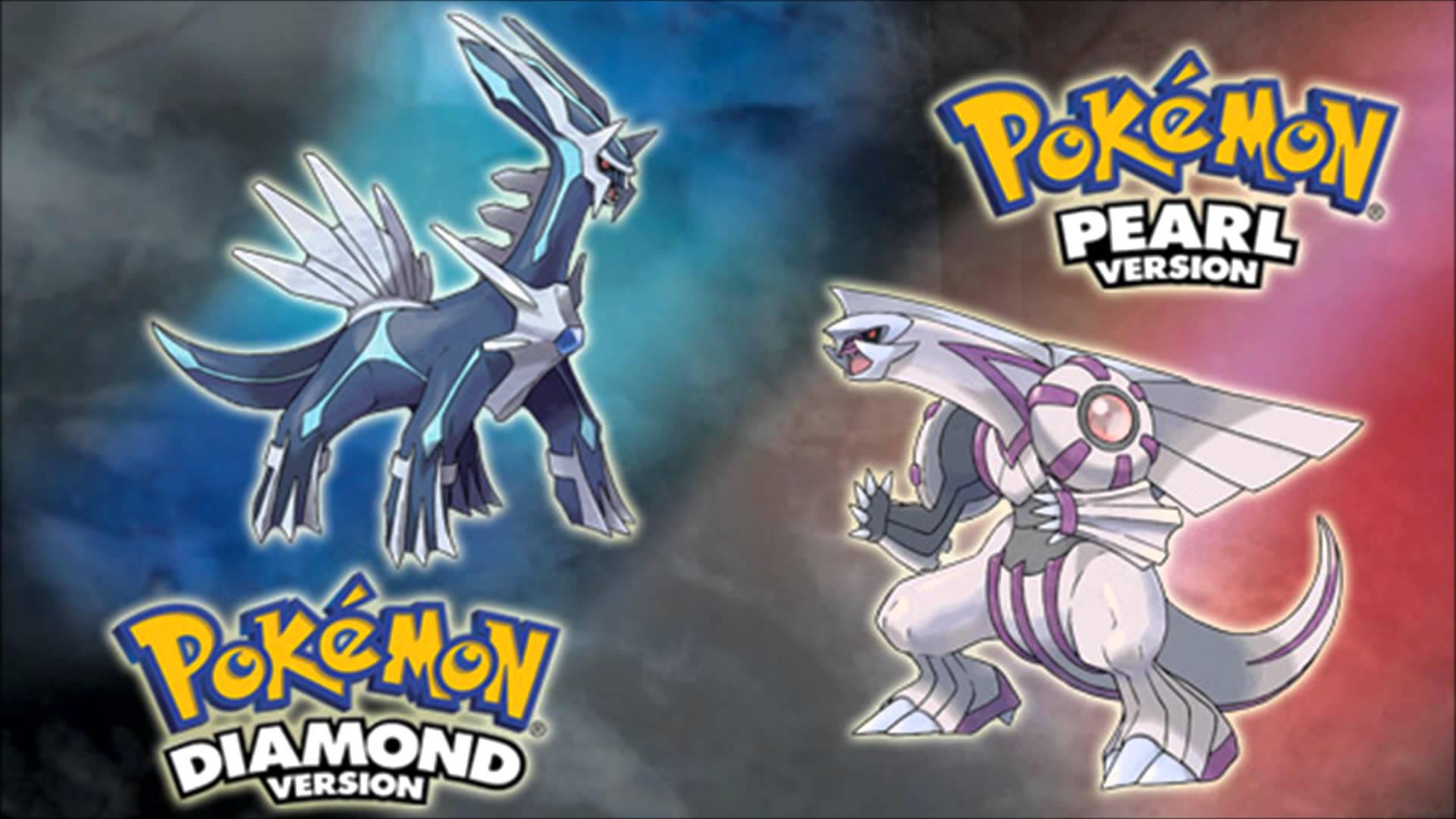
2. Generation 4 - Diamond and Pearl / Platinum / HeartGold and SoulSilver
Gen 4 is the refined version of Gen 3, thanks to its improved features and iconic designs. It also has some of the best remakes in the series in the form of Brilliant Diamond and Shinning Pearl.
Pokémon Diamond, Pearl and Platinum were subtle but rewarding affairs, gently iterating on Ruby and Sapphire's improvements to the series without departing too far from what makes Pokémon great.
Gen 4 also included some great designs. Piplup, Chimchar, and Turtwig rank among some of the most adorable starters in Pokémon history. The games also doubled down on the series' flirtations with mythology, adding Dialga, Palkia, and Arceus as new legendaries.
However, the greatest feather in Gen 4's cap was remaking Pokémon Gold and Silver, introducing us to HeartGold and SoulSilver. These took the greatest games in the series and gave them a welcome lick of paint, alongside quality of life improvements. This also came before Pokémon's ambitious, but somewhat awkward move to 3D. Lavish, colorful sprites populated HeartGold and SoulSilver's iconic locations, imbuing them with all the zest and flair of Gen 3 and Gen 4.
For many, HeartGold and SoulSilver are the definitive Pokémon experience, but, as you'll see below, it was their original incarnations that brought out the very best in the series.
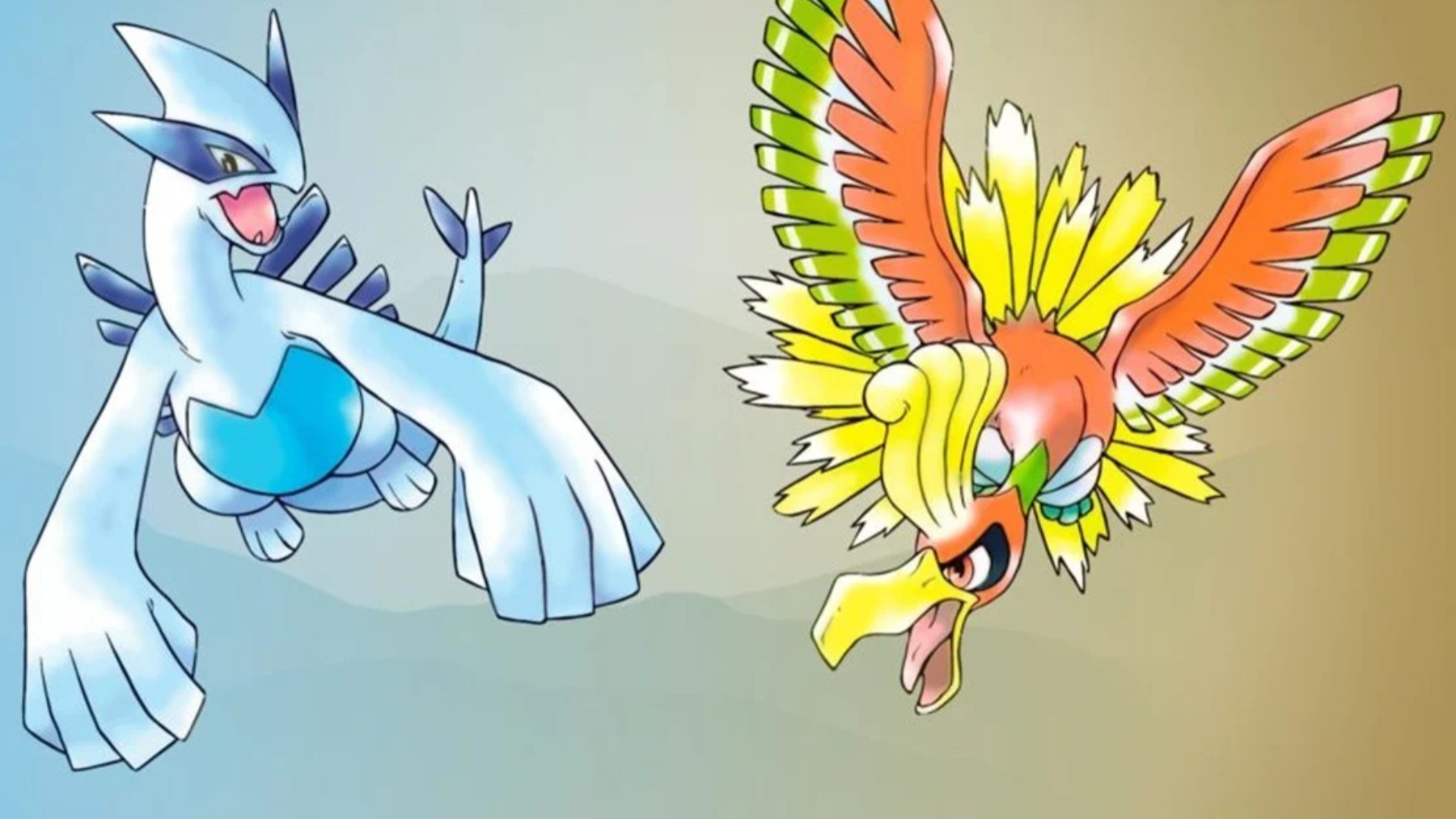
1. Generation 2 – Pokémon Gold and Silver / Crystal
Gen 2 is a well-rounded and expertly crafted addition to this long-running franchise. It builds upon Gen 1's story and Pokémon, resulting in the best and most well-rounded Gen.
Pokémon Gold, Silver, and Crystal set the benchmark for what can be achieved in a Pokémon adventure. Rather than abandoning the previous game as many of its sequels elected to do, Gold, Silver, and Crystal meaningfully built on Gen 1, attaching the Johto region to Kanto and allowing the player to adventure through both.
Gold, Silver, and Crystal's new Pokémon served to compliment the original 151, offering new evolutions for existing creatures as well as brand new evolutionary lines which mirrored the originals.
In contrast to modern Pokémon, Gold, Silver, and Crystal didn't sweep previous versions under the rug, instead embracing them and using them to tie together a coherent Pokémon universe. Koga's daughter takes over Fuchsia City's gym, while her dad steps up to the Elite Four. Lance, Pokémon champion, returns too, taking an active role in the story which serves to make the climactic battle against him all the more meaningful.
To top it all off, the game's final battle takes place against Red, the protagonist of the original Red and Blue, tying together both stories in a beautiful culmination.
Pokémon works best when it presents us with an immersive world, in which we can get lost. Gold, Silver, and Crystal doubled down on this immersion, by building on their existing setting, fleshing out the world of Pokémon in a way that resonated with fans. If Red and Blue built the Pokemon community, it was Gold, Silver, and Crystal that gave this community a sense of permanency and shared narrative – an achievement upon which the Pokémon franchise trades to this day.
Best Pokémon games: FAQs
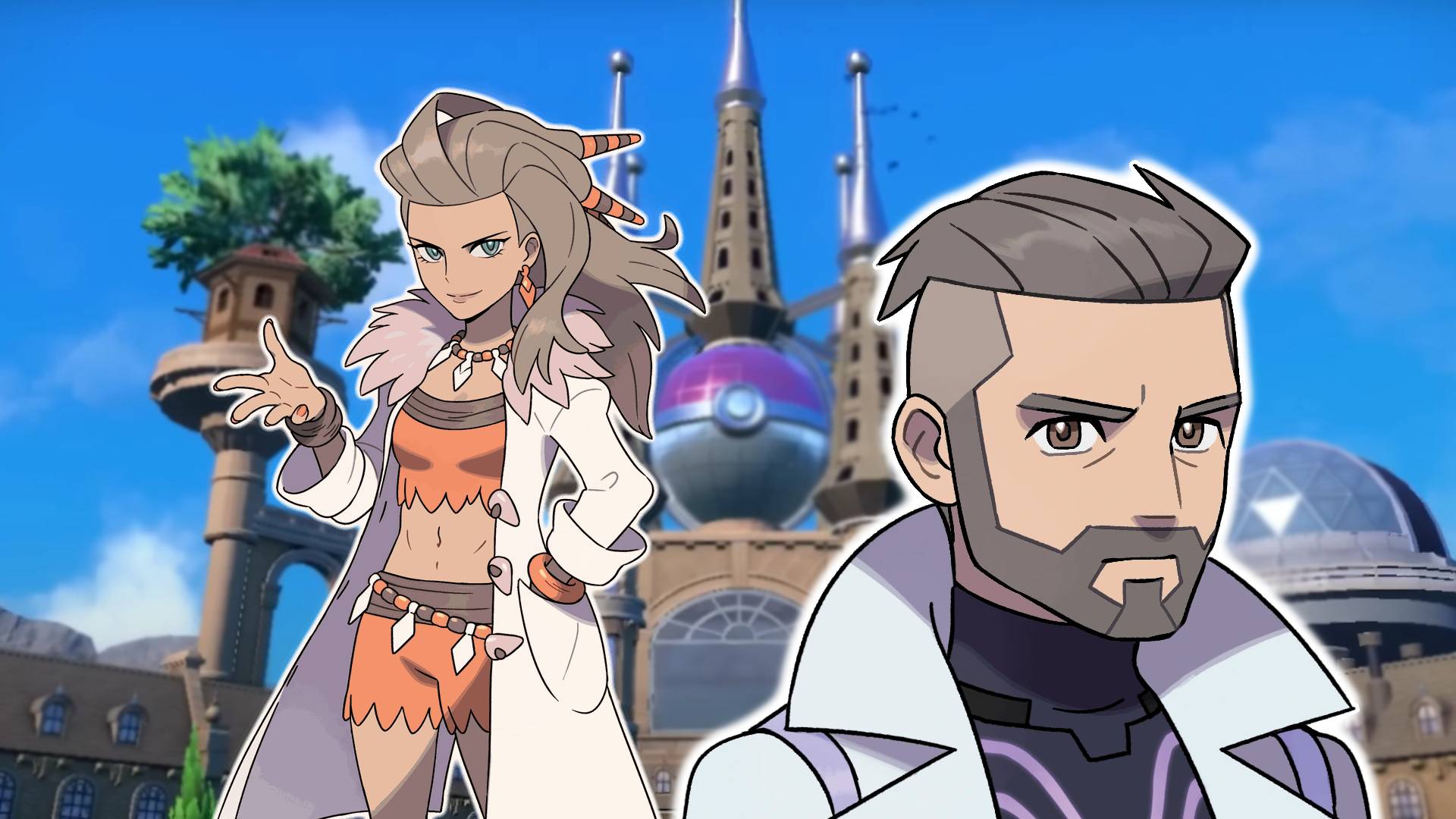
What's the best Pokémon game for Switch?
The best Pokémon game for Switch is easily Pokémon Scarlet and Violet. Though occasionally stymied by performance issues, Scarlet and Violet does justice to the Pokémon fantasy, offering a charming open-world, and three main stories which, in contrast to many other titles in the series, offer a range of memorable characters and moving moments.
It's the best Pokémon game in years and, though we criticized it in our review for its shoddy performance, Pokémon Scarlet and Violet offers an adventure you won't soon forget.
What's the best Pokémon game to nuzlocke?
The best Pokémon game to nuzlocke is Pokémon HeartGold and SoulSilver. For those not in the know, a "nuzlocke run" is when you release any Pokémon in your party that faints, adding a brutally satisfying permadeath element to the game.
Pokémon HeartGold and SoulSilver has a gentler difficulty curve, allowing you to come to terms with the difficulties of a nuzlocke run. The sheer length of the game serves to keep things fresh, ensuring that a new challenge is just around the corner.
How we made our Best Pokémon games guide
Any ranking of the best Pokémon games is going to be divisive, so rather than attempt to assess which of the series' generations might be "the best", we instead focused on their contribution to the Pokémon saga and their ability to capture the fantasy and childlike wonder at the heart of the entire franchise.
Pokémon Gold, Silver, and Crystal are at the top of our list because they meaningfully built on the world of Pokémon, without taking down what came before them. This approach allowed the Pokémon fantasy to grow and mature, while simultaneously staying true to its roots – a difficult line to walk, and a challenge that Game Freak struggles to address to this day.
If you want to explore more of what Nintendo's most esteemed franchises have to offer, you might want to check out the best Zelda games, or the best GBA games for a more nostalgic feel.
Sign up for breaking news, reviews, opinion, top tech deals, and more.

An editor and freelance journalist, Cat Bussell has been writing about video games for more than four years and, frankly, she’s developed a taste for it. As seen on TechRadar, Technopedia, The Gamer, Wargamer, and SUPERJUMP, Cat’s reviews, features, and guides are lovingly curated for your reading pleasure.
A Cambridge graduate, recovering bartender, and Cloud Strife enjoyer, Cat’s foremost mission is to bring you the best coverage she can, whether that’s through helpful guides, even-handed reviews, or thought-provoking features. She’s interviewed indie darlings, triple-A greats, and legendary voice actors, all to help you get closer to the action. When she’s not writing, Cat can be found sticking her neck into a fresh RPG or running yet another Dungeons & Dragons game.
- Catherine LewisNews Writer, TechRadar Gaming
- Nick Pino
- Vic HoodFreelance writer
- Malindy Hetfeld
- Emma Boyle